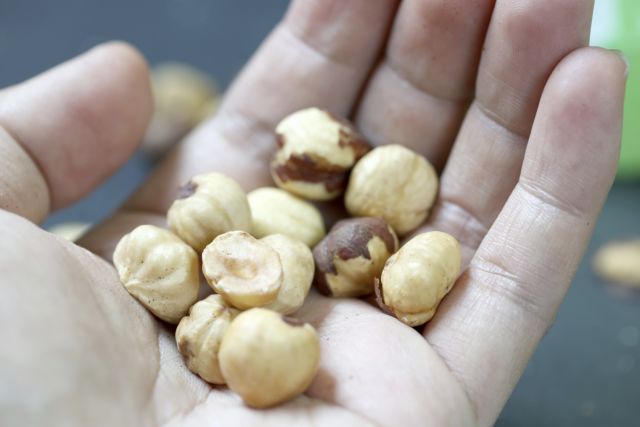Do you feel hungry after exercise? Choose your nosh carefully. Postworkout snacks can have a big impact on how your body uses insulin.
Your best bet? Refuel with a handful of nuts. A little lean protein or some healthy fats can help make your body more insulin sensitive. Translation: Your body absorbs and uses blood sugar more effectively.
Muscle In
Insulin sensitivity is important because the more insulin sensitive you are, the less likely you are to develop diabetes. In a study, carbohydrate-rich postworkout meals (think pasta, bread, chips, and sweets) seemed to have a negative effect on exercisers. Their muscle cells refilled quickly with a sugar-based fuel called glycogen, which seemed to reduce insulin sensitivity. All of which led researchers to conclude that postworkout meals should include fats and lean protein (ideally, healthy versions of each).
A Nutty Idea
Physical activity is tops for preventing blood sugar problems, cutting risk for diabetes by as much as 30% in some studies. But consider a couple of off-the-beaten path ways to help keep your diabetes risk low and insulin sensitivity high:
- Choose tart and juicy citrus.
- Sip a cup of java.





